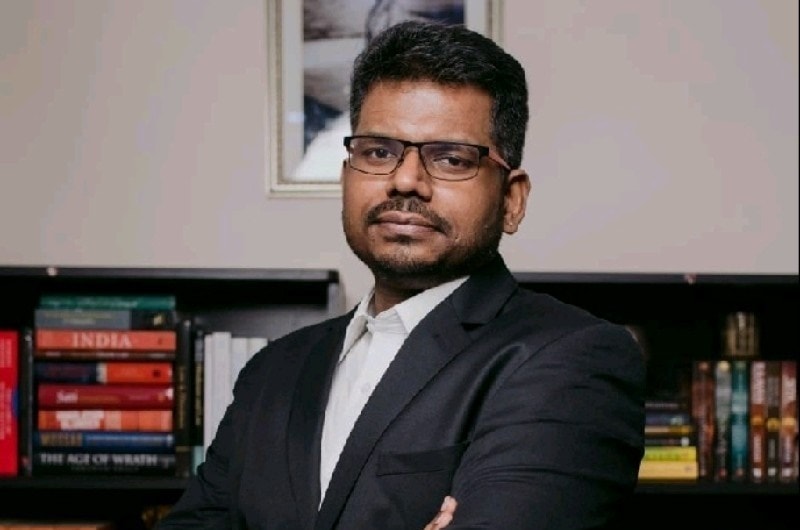As the Parliament logjam continues amid Opposition’s demand for Prime Minister Narendra Modi’s statement on the Manipur issue in the House, noted Supreme Court lawyer J Sai Deepak says that the Opposition should raise issues which are legitimate and genuine rather than “trying to take the government by the scruff of the neck”.
Speaking to Financial Express Online, Sai Deepak wondered why the Opposition was disrupting Parliament when “it is being offered discussion on competitive and rather sensitive issues, like Manipur”.
“As citizens, we have the right to expect two things – an accountable government and a responsible Opposition,” he says.
Sai Deepak then goes on to list the issues and questions the Opposition should be asking the government.
One of the legitimate questions that should be asked, he says is if the rest of the country can get a clear picture of what is happening in the north-east today. “Are there external factors involved?”
The second question he suggests the Opposition should ask the government is on its silence on the persecution of Hindus in Pakistan and the Hindu refugees from the neighbouring nation in India.
“CAA generated a lot of heat across the country. Hindus continue to get the rough heat in Pakistan and the Rajasthan government has bulldozed colonies which were built for Hindu refugees from Pakistan. As the prime mover of the CAA, why haven’t you (government) spoken about it, because that seems to be the driving interest behind the CAA.”
The third question that he would like to see the Opposition ask the government is regarding the delay in the implementaion of National Register of Citizens.
Also Read: Places of Worship Act impedes civilizational justice, must be struck down: J Sai Deepak
“Illegal migration is a very sensitive issue because there is a historical continuement of activities of migration from Bangladesh and I see it as a very clear demographic inversion of our country. Why can’t we ask this question: If the government spoke about NRC (National Register of Citizens) when they talked about the CAA (Citizenship (Amendment) Act, 2019), why haven’t you tried to implement it?” Sai Deepak says.
The fourth question, J Sai Deepak says, should be around ending the government’s control over temples.
“If you are a protector of Hindus and their civilisation, could you please get our temples vacated, especially in the states where there is your (BJP) government? You promised this is Karnataka, you backed out. Why haven’t you done that?”
“We have seen major devastation due to floods in Uttarakhand and Himachal. Has the government chosen to revisit its policy of how they define development?” J Sai Deepak said as he put forth the questions that the Opposition should rather be asking.
Also Read: MPs from opposition alliance INDIA reach Manipur to assess on ground situation
J Sai Deepak on Places of Worship Act
On being asked about the probable reason behind the delay by the Centre in submitting its reply in the court on pleas seeking to strike down provisions of the Places of Worship Act, 1991, the engineer-turned-lawyer said he would have expected participants of the Ram Janmabhoomi movement to have thrown their weight for the repealing of the Act.
“I believe that these are not matters which should occupy the court when it is possible to take an easier way out. What the legislature can give, it can take away and this legislation is not exactly a part of the basic structure of the Constitution.”
Also Read: Who controls mics in Parliament? Amid Opposition’s allegations, a look at how the system works
Lawyer J Sai Deepak spoke to Financial Express Online on the sidelines of the launch of the book, ‘Narrative Ka Mayajaal’, written by former Rajya Sabha MP and journalist Balbir Punj, at the NDMC Convention Centre in New Delhi on Friday. The event was also attended by Kerala Governor Arif Mohammed Khan and Rashtriya Swayamsevak Sangh (RSS) general secretary, Dattatreya Hosabale.

